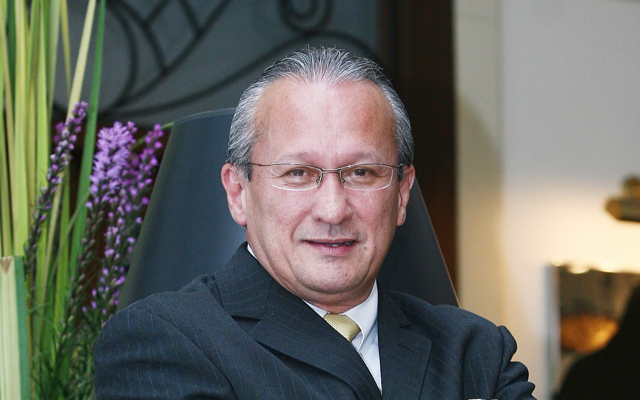As a young hotel management company, ‘less is more’ is a strategy that Bangkok-based Kosmopolitan Hospitality abides by when it comes to cultivating relationships with hotel owners.
Established in 2015 by CEO Glenn de Souza – formerly Best Western International’s head honcho in the region – the firm was selected by Wyndham Hotel Group (WHG) to be its preferred development partner in Asia. The alliance has so far seen the launch of six hotels and 761 rooms under WHG in the region since the deal was inked two years ago.

“Our company philosophy is to work with less owners than more owners. We want to go for one hotel with one owner, then go to the second, the third and so on,” said de Souza. “Delivery of the bottomline to the owner of the hotel we manage is critical, because the bottomline is where they can generate additional properties for us as well.”
While relationships remain the core to its business, an interesting challenge that has arisen is the increasingly younger profile of hotel owners in South-east Asia.
“Owners are much younger and demanding, averaging around 20 to 35 years old, and they have drastically changed the hotel scene (from) 20, 30 years ago,” said de Souza. “Most of them are using or have inherited the money from their parents, and we have to teach them about the hotel business.”
Managing owners’ ambitions and earning their trust is hence important, he pointed out, especially when some of them are eager to build five-star properties for the prestige factor without fully understanding the requirements and investment needed for high-end hotels.
“Our business is run from the business to economy class – that’s where the success is. F&B business is diminishing and outsourced; rooms is where you make 80 per cent of the profit and three- and four-star segments is where you make the most money,” de Souza explained.
But when it comes to the hotel development, Kosmopolitan Hospitality’s ambitions is anything but small as it targets 50 hotels under WHG’s brands in the next five years. Under construction over the next two years are another 10 WHG hotels spanning 1,960 keys, with six of them in Thailand, three in Myanmar and one in Christchurch.
Ramada is the “easiest sell” among the WHG brands, de Souza told TTG Asia, due to the brand’s good visibility and lower investment costs in the region. While Howard Johnson boasts prominence in North Asia, Kosmopolitan Hospitality is currently in talks with several owners to bring this brand into South-east Asia.
When asked which are the growth spots in the South-east Asia hotel sector, he said: “Thailand is a mature tourism industry but still have growth. Emerging markets like Myanmar and Vietnam, like Halong, Phu Quoc and Hoi An for the latter, are still new to international brands.”
However, the problem of finding “good manpower” remains a perennial challenge across South-east Asia, which is exacerabated with the opening of more hotels in the region, he added.




















